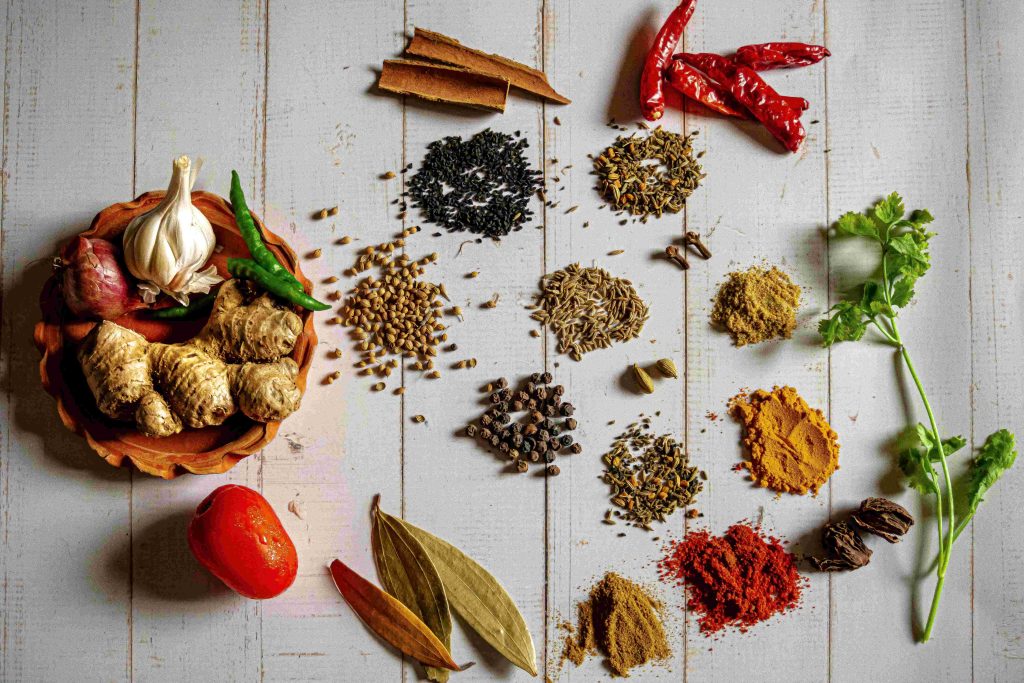You’ve probably heard of several excellent sleep routines by this point, such as setting your phone aside and rolling over in bed (literally).
Aside from developing these healthy sleeping habits, it is still true that you sleep similarly to how you eat.
When it comes to positioning yourself for success in bed – obtaining deep, reviving sleep – what’s on your plate counts.
Picking the ideal bedtime snack, nightcap, or even humidity in your bedroom might help you get a better night’s sleep and maintain your health.
For the restful sleep, you deserve, include these revitalizing sleep practices in your nightly routine.
Sleep on Your Left Side

Sleep on Your Left Side
The question of which side to sleep on—left or right—is one that is frequently posed. Most people find that sleeping on their left side is the most comfortable posture. Ayurveda, India’s 5,000-year-old Science of Life, is where wisdom first originated, even though it may be news today. The body’s left and right sides are extremely dissimilar from one another. The lymphatic system, for instance, is more prominent on the left side of the body. This is so because the thoracic duct, from whence the majority of the body’s lymphatic fluid emerges, drains onto the left side of the heart, the left jugular vein, and the left subclavian vein. It follows that sleeping on one’s left side is advantageous for the lymphatic drainage system.
The cardiac benefits of sleeping on the left side. The aorta is the biggest artery in the body. The aorta leaves the apex of the heart, makes a left-facing arch, and then descends to the belly. It is simpler for the heart to pump blood into the descending aorta when we sleep on our left side.
The left side of the bed is the best for improved digestion and excretion. The position of the large intestine allows it to dump waste into the colon, which descends on the left side, before crossing to go up the right side of the stomach region. When we sleep on the left side, gravity is once more on our side. The descending colon is prepared for effortless and full removal of waste in the morning after a good night’s sleep.
Use a humidifier when sleeping
A cool-air humidifier aids in introducing moisture to a space, which is advantageous to humans in several ways. We may have breathing issues like sinus irritation, bronchitis, asthma, or nosebleeds when the air we breathe is excessively dry or lacks humidity. We can become dehydrated more rapidly when the air is dry. The body is more susceptible to bacterial infections when it becomes dried out.
Dry eyes and a dry mouth are possible side effects. We can see eczema, chapped lips, or dry skin. On the other hand, we can breathe more readily and sleep better when the humidity level in a room is between 45 and 55 percent. A humidifier assists in rehydrating air that have been depleted of moisture due to the weather or air conditioning and heating systems, promoting restful sleep.
The Power of Spices

The Power of Spices
Another quick fix for dry air-induced sinus pressure is to consume spicy meals. Try some spicy salsa, jalapeno peppers, or chili peppers if you’re up for it. Your eyes and nose may start to moisten after only one bite! Just be sure to stay away from meals that keep you up at night, and eat your last meal at least 2-3 hours before bed to aid with digestion.
Add an After-Dinner Drink to Your Bedtime Routine
Warm milk has been said to help us fall asleep, and it does!
Even better and healthier in many other ways, Ayurveda offers us a beverage. “Moon Milk” is what it’s called, and it’s fantastic!
Unsweetened almond milk should be used as a replacement if you are vegan or just avoid dairy. There is a reason for each component.
An anti-inflammatory is a turmeric. Cinnamon is an antioxidant and helps to prevent blood clotting. The “Queen of Spices,” cardamom, helps relieve nausea and discomfort. Additionally, cardamom naturally freshens your breath! A natural sleep aid is a nutmeg.
Ashwagandha calms the nervous system. Ginger is great for digestion, and ghee is used as a carrier to get all the herbs where they need to go in the body
